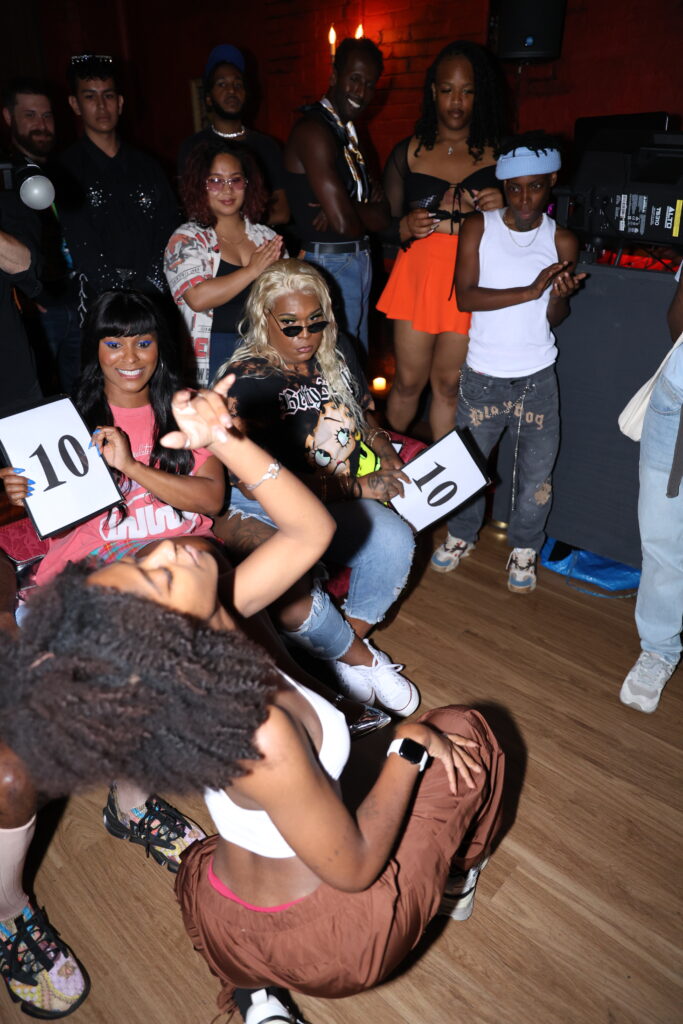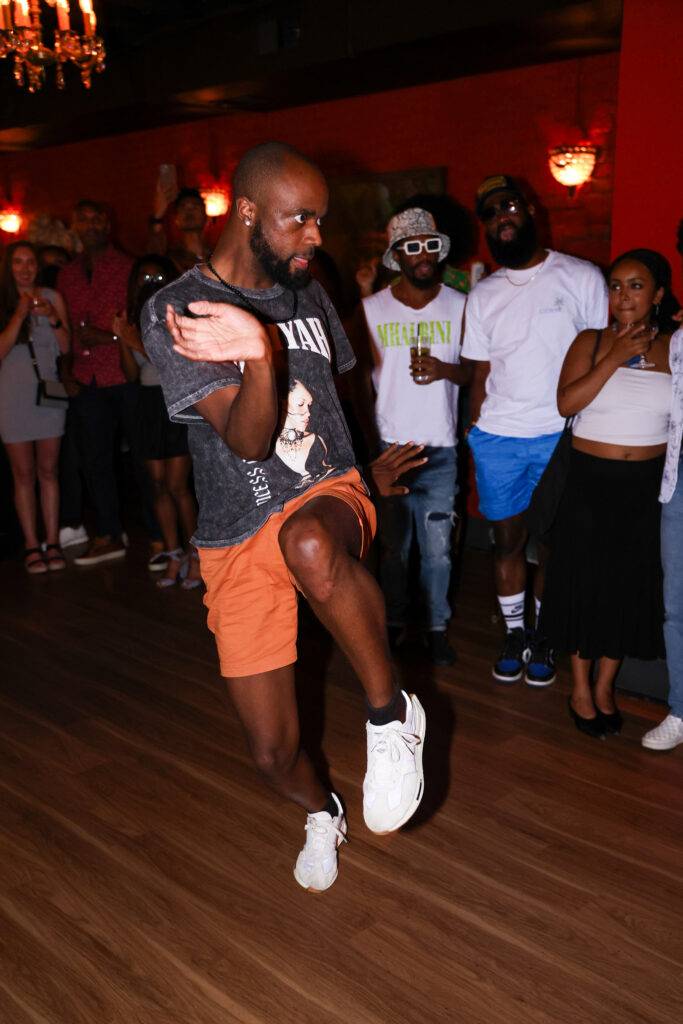Eighteenth Street Lounge (ESL), partnering with Little Face Events and DMV Kiki Nights, hosted the first Kiki Riot Sunday, June 30. Kiki Riot is the first of a monthly series of events set to bring together people of all ages to experience the Ballroom scene.
Tony Play, a representative of DMV Kiki Nights and the Kiki Riot emcee, started getting involved in the DMV Ballroom scene when he was 15. Since then, he has been dedicated to making safe spaces for people wanting to participate in Ballroom.
“It’s just kind of always been a bug in my mind to create these safe spaces,” Tony said. “We kind of overpopulated the youth center here at DC and forced us to go to rec centers and libraries and non-conventional spaces like a club or a rec center or outside area just to be able to create that safe space for our community.”

Play also discussed the myriad benefits of hosting Ballroom events at local D.C. venues with rich histories of supporting LGBTQ+ people.
“Spaces like this at ESL or places like Trade where we have deep cuts … those places give us a kind of a kiddie pool or like a playground to get our feet wet and exercise the basics and the skills that are within ballroom culture, especially here in the DMV,” Play said.
Ballroom itself has an intricate, meaningful history behind it. Created by Black and Brown queer men because of the discrimination they faced in white queer spaces, Ballroom is a movement supporting LGBTQ+ people of color when no one else would. People in Ballroom take their chosen families and form Houses, which send members to compete in events and represent them. These competitions had cash prizes and trophies, but were mainly meant to be celebrations of queer love.

“Ballroom started off as an underground culture and it was a place of expression for people who could not express themselves in the mainstream world,” Dejean Supreme of the House Supreme said. “So, those who came before me like Tennille Dupri, Moldavia LaBeija, Michael Princess, all these people who didn’t get a chance to really shine in the outside world as they should. But they did that in ballroom because that was a place where they could feel like they were somebody.”
For participants at Kiki Riot and beyond, understanding the history of Ballroom is incredibly important.

“If you want to be in Ballroom and you want to be something in Ballroom, study who came before you and understand why you’re doing it,” Supreme said.
Ballroom is overwhelmingly agreed upon as more than a competition.
“I think Ballroom is a place for transformation,” Play said. “A space for people to be able to take a chance on themselves. If you feel like you may not have it all together, this may be a place where you can be able to find the superstar or the fabulousness that’s inside of you.”
